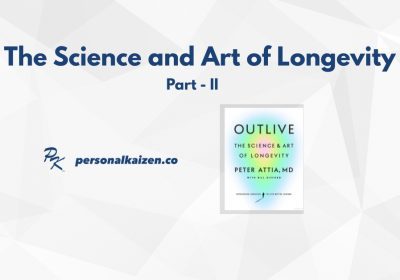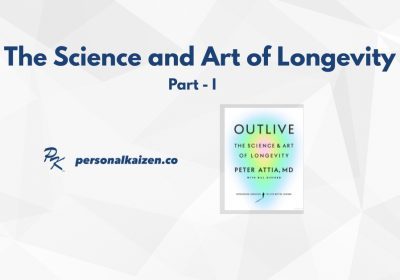
Many people in New England and other northern states struggle with increased feelings of sadness and depression beginning in November. The holidays can be a stressful time for many, but some of your symptoms are likely caused by seasonal affective disorder. Seasonal affective disorder (SAD) is a type of depression affecting people in very northern (and very southern) latitudes due to the reduced sunlight exposure from the shorter, colder days of the winter months. Symptoms include low mood, fatigue, loss of interest in activities, and changes in appetite or sleep. Here are some of our top strategies for when you are feeling SAD.
SAD occurs primarily from a chemical imbalance in the body. Sunlight exposure stimulates the hypothalamus, the part of the brain that controls your circadian rhythm – your body’s sleep-wake clock. Lack of light can cause your brain to overproduce the sleep hormone melatonin and to release less serotonin, the feel-good brain chemical that affects mood. Below are eight strategies that can help you cope with SAD.
Strategies for When You Are Feeling SAD
1. Get Some Sun
Spend time outdoors every day, even on cloudy days. Sunlight exposure helps regulate your mood and increase serotonin levels. Exercise or take a walk for additional benefits.
2. Brighten Your Environment
If you can’t get outdoors, at least spend some time sitting in front of a window. Open your curtains and blinds to let in as much natural light as possible. Decorate your home with bright colors and add extra lighting to dark spaces.

3. Light Therapy
You can also use a light therapy box that emits bright white light to help regulate your circadian rhythm and boost your mood. Be sure your device delivers at least 10,000 lux exposure – here are a few inexpensive options. We suggest you add this to your morning routine habits over the winter months and aim for 30 minutes of exposure first thing in the morning to reset your circadian rhythm.
4. Maintain a Regular Sleep Schedule
We recommend going to bed and waking up simultaneously each day, even on weekends, to regulate your body’s natural sleep-wake cycle. Here is an effective bedtime routine you can use.
5. Exercise Regularly
Physical activity is a great mood booster, as we learned from the book, Spark: The Revolutionary New Science of Exercise and the Brain. Aim for at least 30 minutes of moderate-intensity exercise most days of the week. You can help fight SAD by exercising outdoors!
6. Eat a Healthy Diet
You shouldn’t be surprised by this advice. Choose nutritious foods that are rich in vitamins and minerals and avoid processed foods, sugary drinks, and alcohol, which can worsen your mood.
7. Take a Vitamin D Supplement

I read the book, Vitamania: How Vitamins Revolutionized the Way We Think About Food many years ago and learned that a healthy, balanced diet provides all the vitamins you need. The one exception is Vitamin D in the winter months, so I take either a multivitamin or a 1,000 IU Vitamin D capsule with my morning breakfast.
8. Practice Relaxation Techniques
Activities like yoga, meditation, and deep breathing can help manage stress and improve your mood. Do this outside or in front of a sunny window to maximize your benefits!
9. Stay Connected
Social interaction is important for mental well-being. Spend time with loved ones, join a club or group, or volunteer in your community.
Millions of people around the world experience symptoms of SAD each year. Talking to others who understand what you’re going through can be helpful and supportive.
Seeking Professional Help

We are not doctors and do not know your specific situation. None of the advice above may be enough for your depression. If your symptoms are severe or don’t improve with any of the self-care strategies above, talk to a therapist or doctor. Medical professionals will provide additional support and treatment options, such as cognitive-behavioral therapy or medication.
Here are some signs that you need to seek professional help:
1. Persistent Sadness or Hopelessness
People with clinical depression experience a pervasive sense of sadness, emptiness, or despair that lingers for weeks or even months. They may lose interest in activities, find little pleasure in life, and feel a general negativity towards the future.
2. Loss of Interest and Withdrawal from Activities
Activities that once brought joy or a sense of purpose often become meaningless or overwhelming. This loss of interest leads to less socializing and engagement, further isolation, and a worsening mood.
3. Significant Changes in Sleep or Appetite
Sleep disturbances are a common symptom of depression and can include difficulty falling asleep, staying asleep, or waking up too early. Appetite changes are also common, with individuals experiencing either a significant loss of appetite and weight loss or increased cravings for unhealthy foods and weight gain.
It’s important to remember that these are just a few of the many potential signs of clinical depression. If you’re experiencing any of these symptoms, or if you’re concerned about your mental health, it’s crucial to seek professional help from a therapist or doctor. Learn more from the National Institute of Mental Health or MentalHealth.gov.
If you have additional strategies please share them with our readers in the comments section below.




